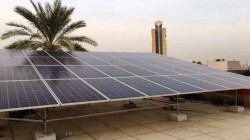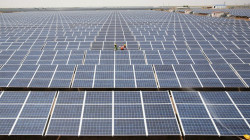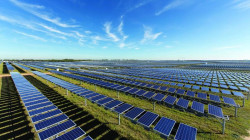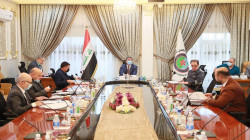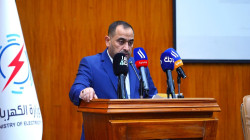Solar Energy: Iraq's Untapped Reservoir, A Ray of Hope for Power and Employment
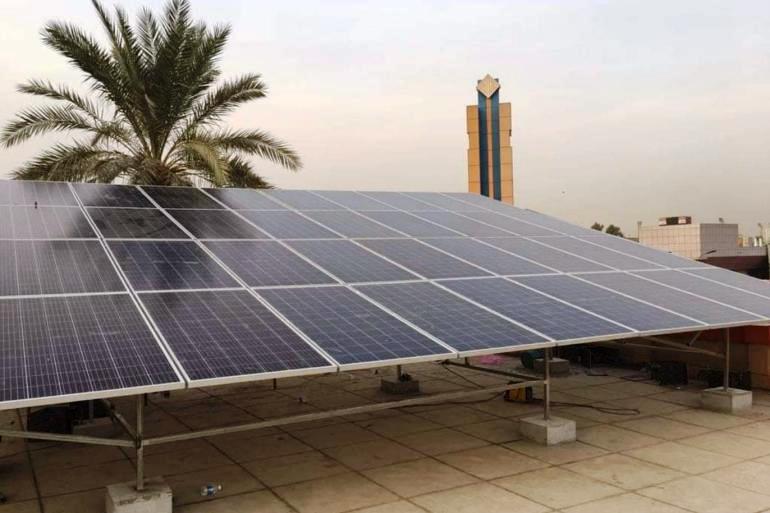
Shafaq News/ Harnessing solar energy has the potential to rectify Iraq's current power crisis and concurrently foster substantial employment opportunities for those out of work, the Green Observatory said in a press release on Sunday.
According to a study by the observatory, Iraq requires an energy yield of approximately 27,000 megawatts to maintain a ceaseless supply of electricity throughout the diurnal cycle.
This figure, they contend, could feasibly be obtained through the exploitation of solar energy, particularly given the country's climatic advantages which afford it approximately 300 days of unencumbered sunlight annually.
The report showed that a singular solar panel, with dimensions of 100 centimeters by 215 centimeters, has the capacity to generate between 1.4 and 1.8 amperes per hour. This equates to a yield of 400-700 watts per hour. Notably, there exists an array of solar panels capable of an increased yield of 250-300 watts.
The Observatory lamented the wasted potential, highlighting that Iraq, with its sunlight intensity capable of generating 1,000 watts per square meter, possesses ideal conditions for solar energy harvesting, yet continues to squander this invaluable resource.
The report advocated for the installation of solar systems in desert and agricultural regions. Beyond the evident provision of electricity, the knock-on effects of this policy could be transformative.
"These benefits range from ecological preservation, through the mitigation of desertification via tree planting initiatives in these solar-enhanced areas, to socio-economic gains by creating new job prospects for unemployed citizens."
A compelling study has suggested that implementing solar cells atop Baghdad's urban structures could provide a staggering 30,000 megawatts of electricity, thus completely fulfilling Iraq's energy requirements.
The Ministry of Electricity's progress towards clean, renewable energy remains somewhat hamstrung, progressing at a sluggish pace due to obstacles, most significantly the bureaucratic impediments to land allocation for the construction of clean energy infrastructure. This has engendered a palpable reticence among potential international corporate partners, wary of the future logistical complexities that may arise in the Iraqi context.
